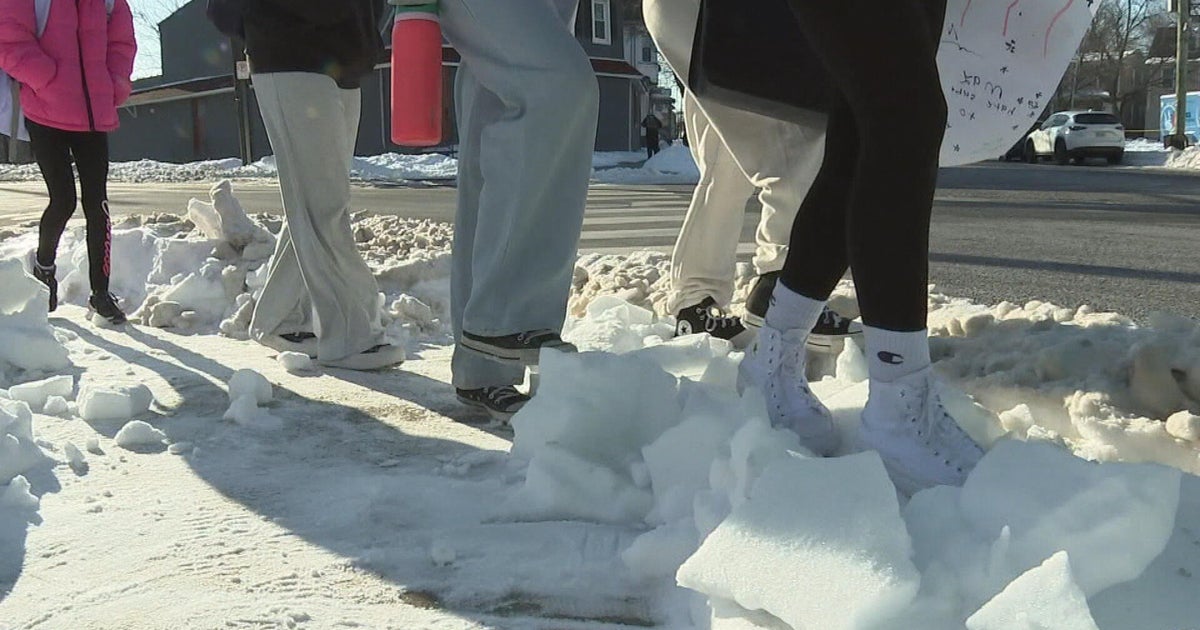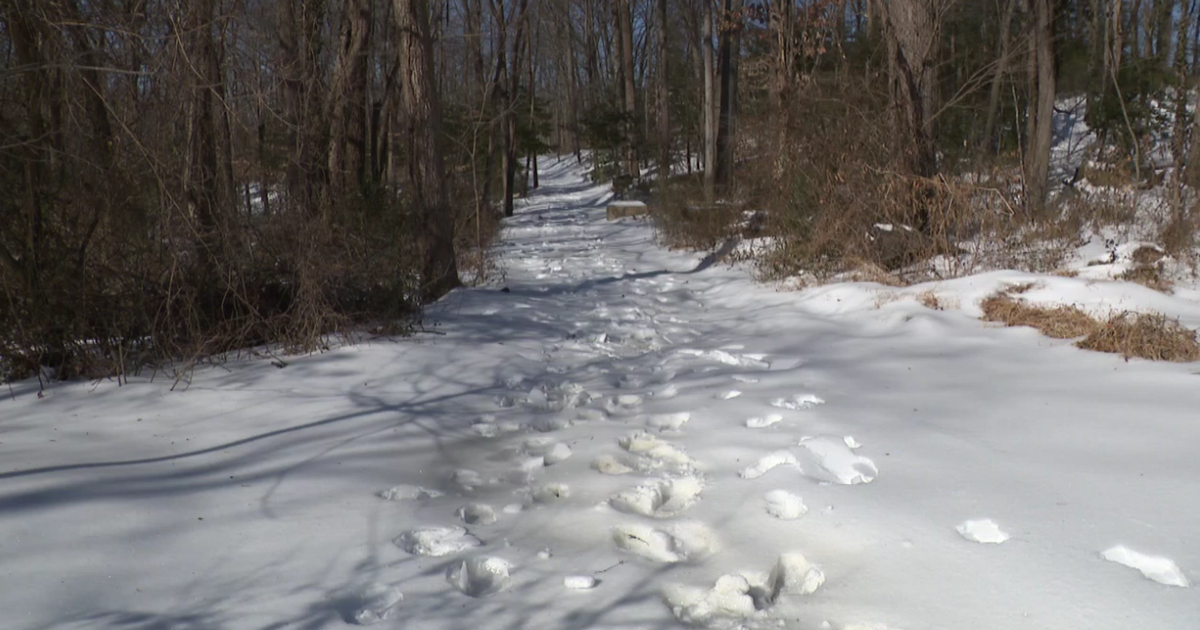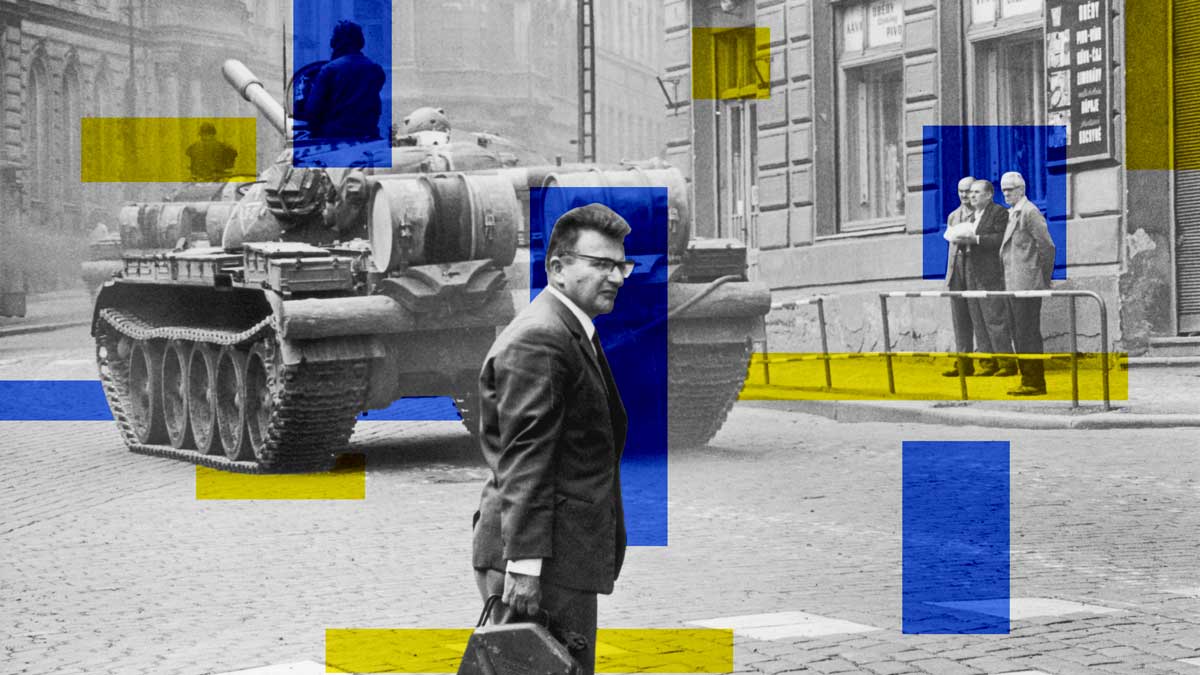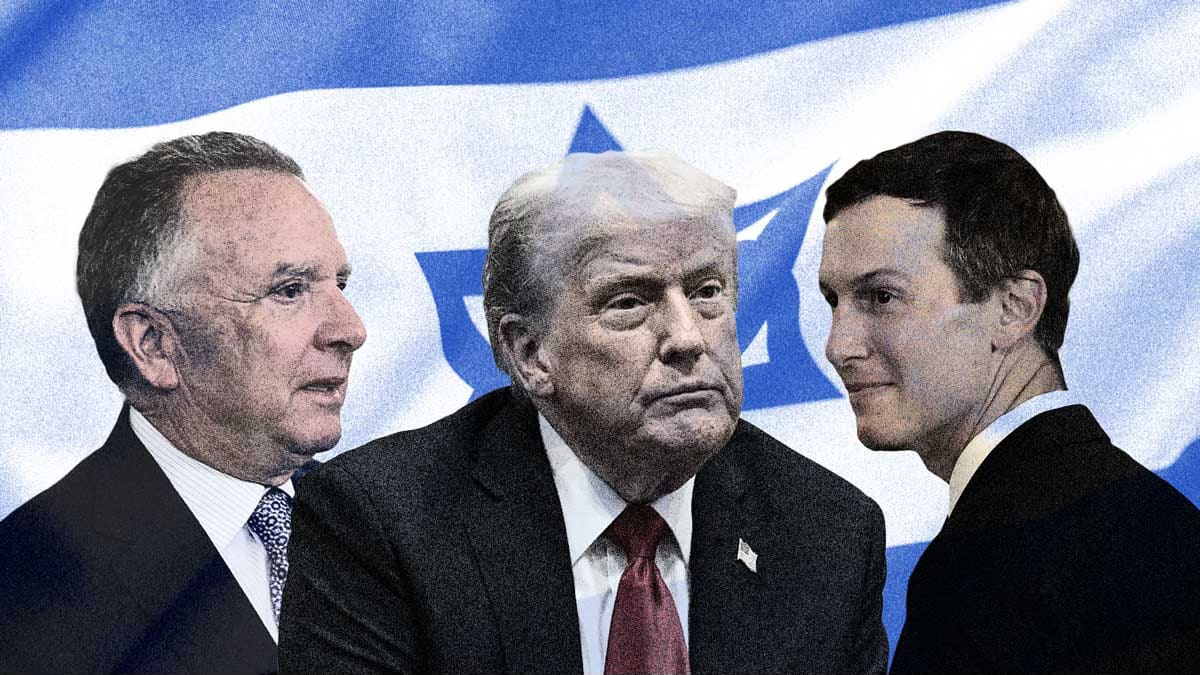Germany bans American "soldiers" at historic Berlin Wall crossing Checkpoint Charlie
Berlin — German authorities have banned actors from posing as American GIs at Checkpoint Charlie, the historic U.S.-controlled border crossing between communist East and West Berlin. Tourists had claimed they were being harassed and even followed for refusing to make a $4.50 "donation" for a photo with a "guard."
The checkpoint served as the only official crossing point in the Berlin Wall during the Cold War, from 1961 until 1989 when it was officially torn down. The site quickly became a hot-spot for tourists from all over the world, with vendors selling Red Army souvenirs and pieces of the wall itself.
For nearly two decades a group of performers called the "Dance Factory" have posed in border guard uniforms offering tourists fake passport stamps and snapshots with "border officials." According to Germany's biggest tabloid BILD, the group raked in up to $5,500 per day.
But Tom Luszeit, the head of "Dance Factory," told CBS News that "if I made that kind of money, I would be a millionaire by now. It's all a lie."
Luszeit said he's had to fire six of his employees due to the ban.
Street performances require special permission from city officials, and the actors said they only accepted voluntary contributions, not payment for their work which would have been prohibited under the licensing rules.
Luszeit insisted that when the actors were asked how much the photos would cost, "they just held up the sign (reading) 'we are asking for a donation of three euros.'"
But following numerous complaints by tourists, Berlin's police conducted an undercover investigation that found Luszeit's employees had verbally abused visitors who refused to pay for the photo ops.
"Very strange what the actors are doing, they threatened me to pay money for a photo at Checkpoint Charlie! I don't understand why I am asked to pay money in a public place! I find it sad and shameful!" a tourist named Tobias Kirchberg wrote in a Google review.
Luszeit claims BILD and other German tabloids got the story wrong, and that the real reason for the performance licenses being revoked was a technicality.
"The conditions we worked out with the urban planning office were not properly fulfilled by my colleagues, who had placed objects on the street which was not allowed," he said.
Luszeit told CBS News that police threatened his employees and "forwarded false statements to the authorities, who had to react to it."
Either way, the GI actors are now banned, which may change the atmosphere slightly as Germany celebrates the 30th anniversary of the fall of the Berlin Wall this weekend.







